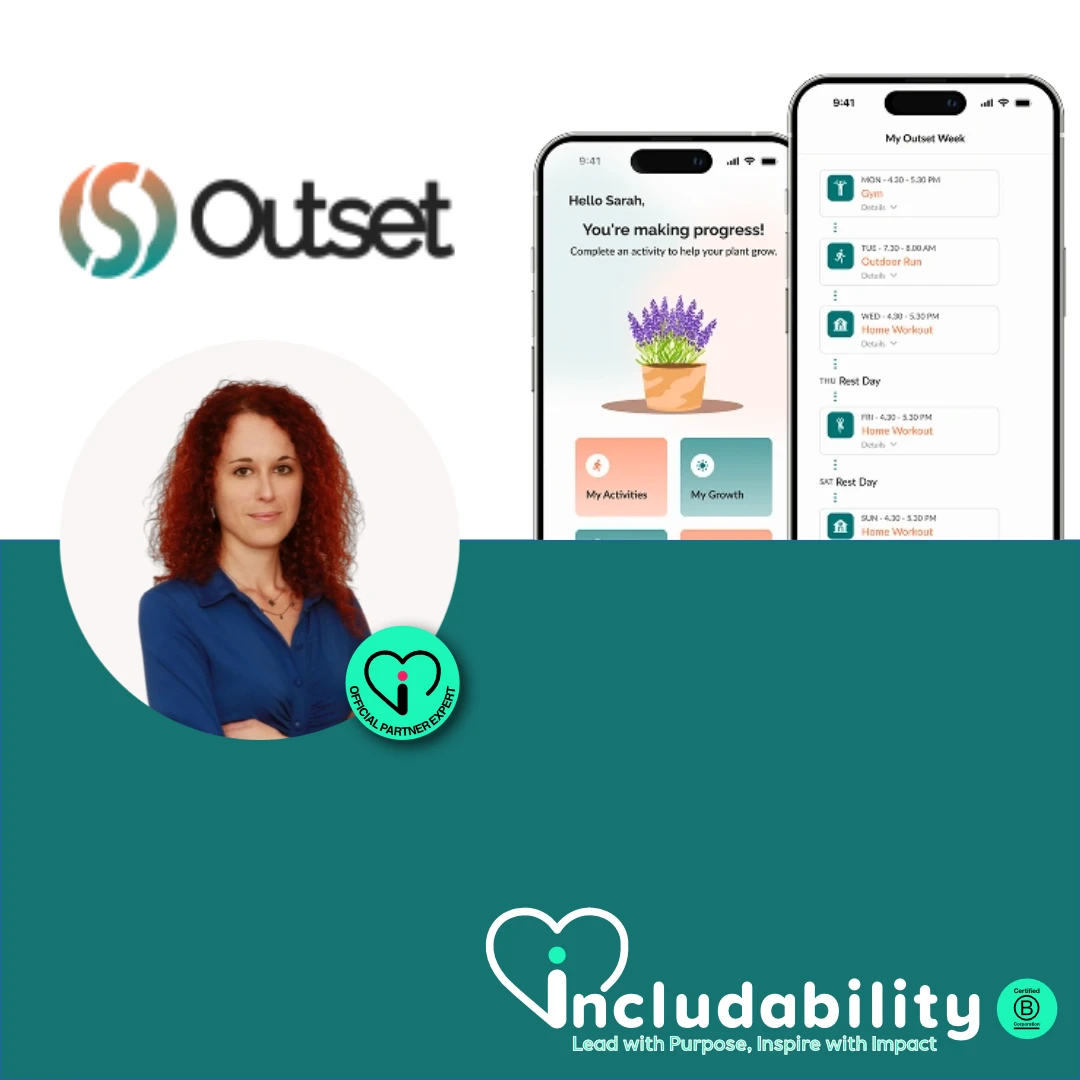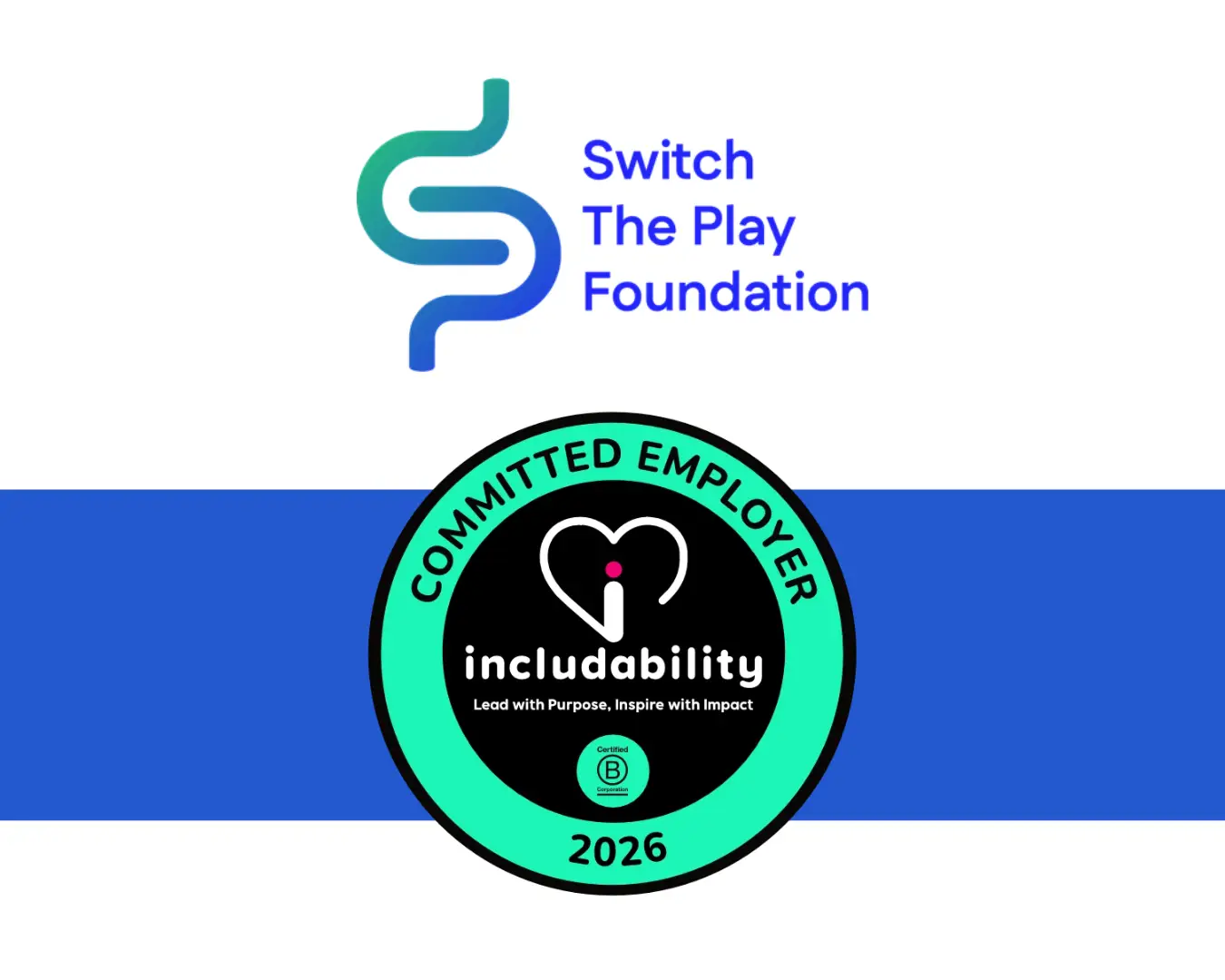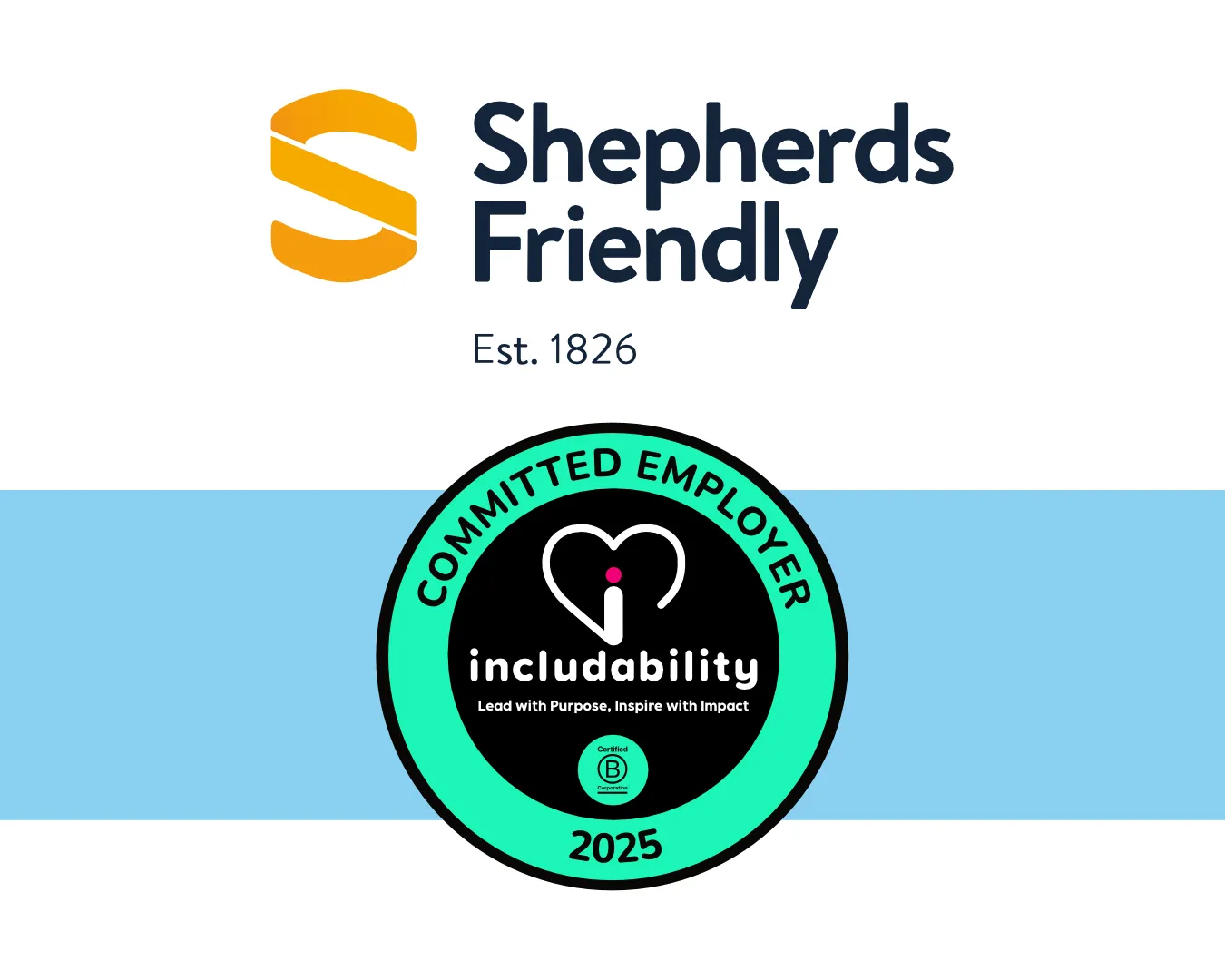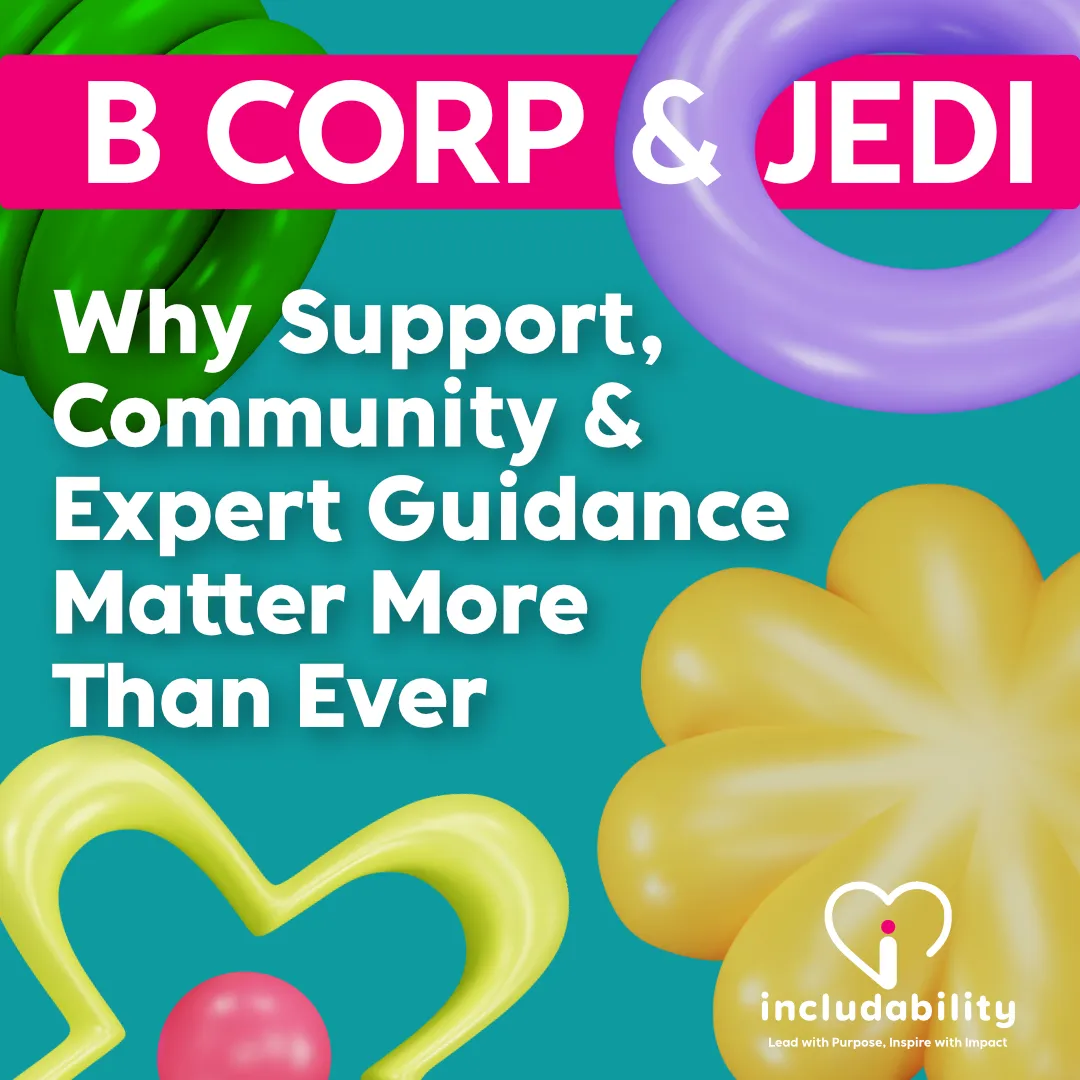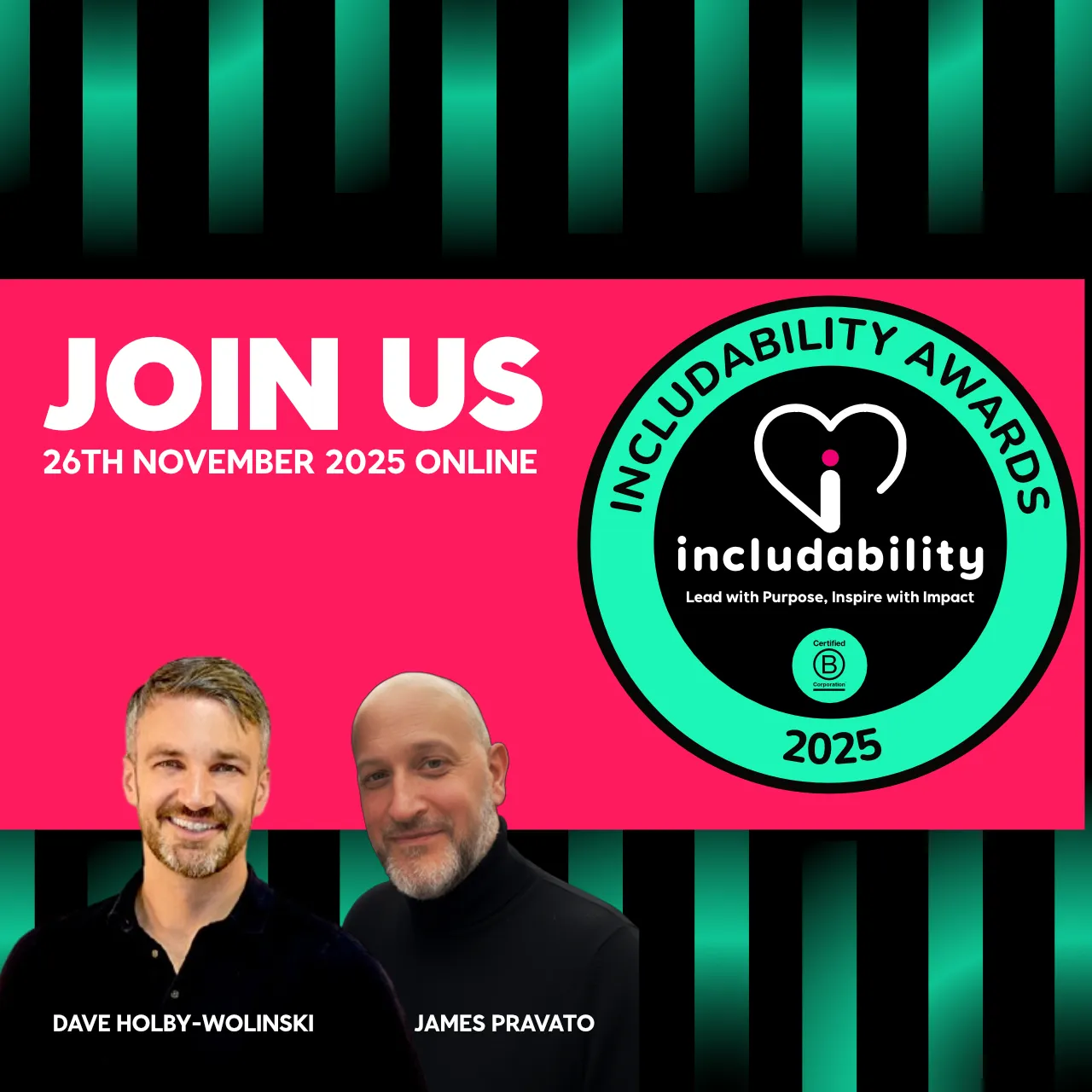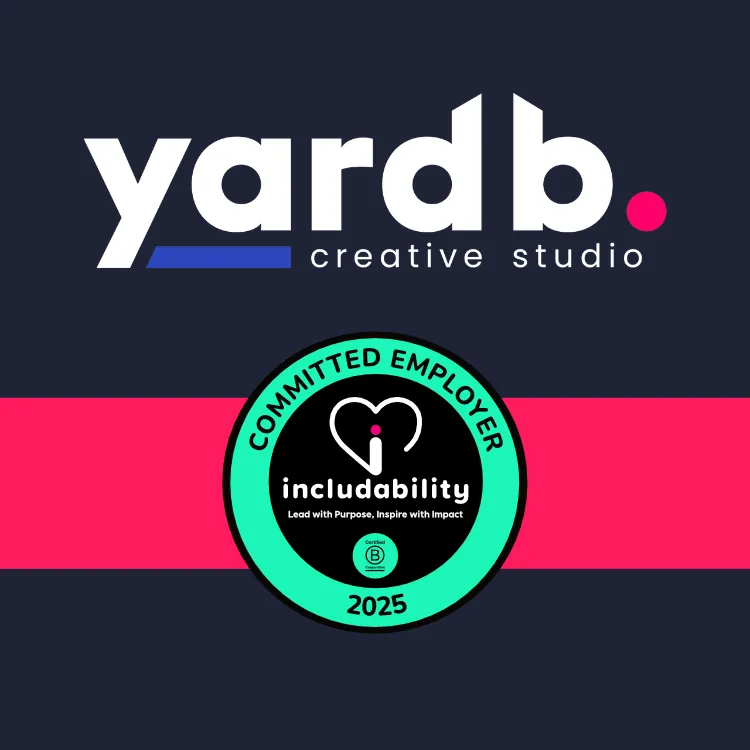Neurodiversity Inclusion in the Workplace
National Inclusion Week 2024 is a time dedicated to celebrating diversity, promoting inclusion, and raising awareness about the importance of creating a more inclusive society. This blog is dedicated to the topic of Neurodiversity.

A Handy Includability Spin Out Guide for National Inclusion Week 2024

National Inclusion Week 2024 is a time dedicated to celebrating diversity, promoting inclusion, and raising awareness about the importance of creating a more inclusive society.
This week, we have a series of blogs to help guide you through everything you need to know about National Inclusion Week 2024, from its origins and significance to how our community can help your organisation make a lasting impact.
This blog is dedicated to the topic of Neurodiversity.
See our main blog - What is National Inclusion Week? - to find out more about National Inclusion Week and further strategy topics.
Understanding neurodiversity
Neurodiversity refers to the natural variations in human brain function and cognitive processing. It encompasses individuals with neurological conditions such as autism, ADHD, dyslexia, and others. Rather than viewing these conditions as deficits, neurodiversity promotes the idea that differences in thinking, learning, and behaviour are part of normal human diversity.
This perspective encourages inclusive environments where neurodivergent individuals are recognised for their unique strengths and supported through tailored accommodations, helping them thrive both in education and the workplace.
Neurodiversity visibility
Alex Manners highlights an essential aspect of understanding neurodiverse conditions, specifically, autism and Asperger’s by emphasising that it is not always visible. He encourages focusing on an individual's strengths, rather than their limitations, and mentions that some with autism consider it their “autism superpower.”
“Disabilities like autism are not always visible so it can sometimes be hard to tell that someone is disabled. Many individuals with autism look upon it as something positive and that gives them, “autism superpowers”. Therefore, always focus on the things that the person can do, rather than what they can’t do. Also, remember that everyone who has a disability is unique and will have different traits.”
Alex Manners, Neurodiversity & Autism Speaker and Author
Neurodiversity overlooked in business strategy
Despite growing awareness around race, gender, and LGBTQ+ diversity, neurodiversity—including autism, ADHD, and dyslexia—remains somewhat stigmatised. Natalie Welsh advocates for individualised support, training, and flexible working conditions to help neurodiverse employees thrive.
“I believe that Neurodiversity is one of the most overlooked topics when businesses aim to impact ED&I positively (this is mainly coming from lived experience). While there is growing awareness of racial, gender, and sexual orientation diversity (still a lot of work to do in these areas), Neurodiversity— which includes conditions like autism, ADHD, dyslexia, and other cognitive variations— is often ignored or treated as a disability rather than just a difference.”
Natalie Welsh, Co-Founder, The TypeFace Group
Neurodiversity is often overlooked in workplace diversity initiatives due to a lack of understanding. Many organisations view conditions like autism or ADHD solely as disabilities rather than unique cognitive styles that bring strengths. Often, a "one-size-fits-all" approach to diversity and inclusion often fail to account for the specific needs of neurodivergent individuals.
Natalie says a lack of understanding about the benefits of neurodiverse perspectives and inadequate support systems further marginalises this group, reducing opportunities for meaningful inclusion.
“Many organisations lack understanding of Neurodiversity and how it can be a strength in the workplace. With almost 20% of people having Neurodiversity, simply being open and discussing such things can give individuals (some who may never get an actual diagnosis as they are not adults) the courage to come forward and say what they need to be supported in a fulfilling career.”
Natalie Welsh, Co-Founder, The TypeFace Group
Current workplace barriers
Natalie also offered her diagnosis of the current barriers faced by neurodiverse people in the workplace and offers the beginnings of solutions on how to address some of the issues:
Stigma
There is still a stigma associated with neurodiverse conditions, leading to a lack of open dialogue and support.
One-Size-Fits-All Policies
As with all policies, they need to be there but should evolve as the business learns more or gets input from the people they are created to support.
EDI strategies for neurodiverse people
How to Address Neurodiversity
Training and Awareness: Educate the workforce about Neurodiversity and its value, dispelling myths and stereotypes. I highly recommend getting outside trainers who are experts over a manager who has taken one course or read a book. Do not expect your neurodiverse colleagues to also educate on your behalf.
Tailored Support
Where possible, provide individualised support and accommodations, such as flexible working conditions, to help neurodiverse employees thrive.
Inclusive Culture
Foster an inclusive culture where neurodiverse individuals feel valued and understood, with opportunities for growth and advancement.
Includability can help your organisation during National Inclusion Week
Includability is committed to fostering inclusive environments for neurodiverse talent. During National Inclusion Week 2024, we offer targeted resources and training to help organisations better understand and support neurodiversity in the workplace.
Our experts provide strategies for tailored accommodations, flexible working solutions, and inclusive hiring practices that empower neurodiverse employees to thrive.
https://www.weareincludability.co.uk/membership/signup
Contact us to learn how Includability can help your organisation make meaningful changes and create a neurodiverse-friendly workplace during National Inclusion Week and beyond. dave@Includability.co.uk
More blogs in the National Inclusion Week 2024 series
Read our spin-out blogs for this guide.
What is National Inclusion Week?
Related resources & events
Sign up for our newsletters
We have an employer and Job seeker newsletter giving you all the latest information in one easy and digestible email. Sign up today for news and job advice straight to your inbox.




